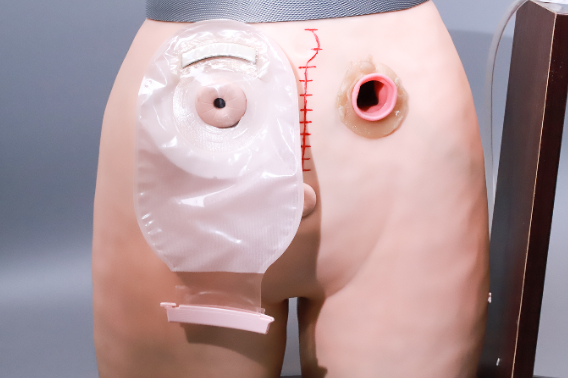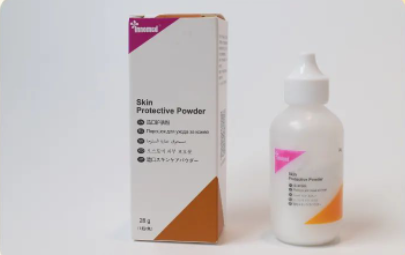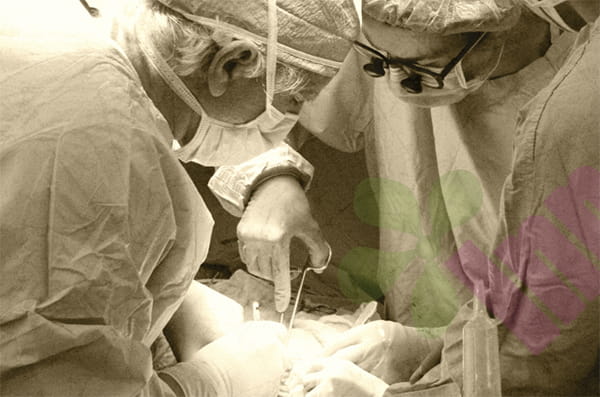A stoma is a common medical procedure used to treat gastrointestinal, respiratory, and urinary conditions, among others. However, peristomal skin complications are a common problem that can lead to pain, infection, and other health problems. This article will describe the types, prevention, and management of common peristomal skin complications.
Peristomal skin complications include the following types:
1. Itching and redness of the skin around the stoma: This is a common complication that may be related to the friction and humidity of the skin around the stoma.
2. Rupture and bleeding of stoma skin: This complication may be related to the friction and pressure of the skin around the stoma, or it may be related to dryness and lack of moisturizing of the skin.
3. Skin infection: This is a serious complication that can cause fever, pain, and other health problems. Infections may be bacterial, fungal, or viral.
Prevention and Management Here's how to prevent and manage peristomal skin complications:
1. Keep the skin clean: Keeping the skin around the stoma clean is the key to preventing skin infections. Wash the skin around the stoma daily with warm water.
2. Keeping the skin dry: Keeping the skin around your stoma dry is key to preventing skin breakdown and infection. Gently dry the skin around the stoma with a soft towel. Skin Protective Powder can be used to keep the surrounding skin dry.
3. Use a skin protector: Help prevent skin breakouts and infections with Skin Protective Spray. When used, the skin protectant can be evenly sprayed or applied on the skin around the stoma, wait for about 20 seconds, and the protectant will naturally form a protective film, which can well protect the skin around the stoma.
4. Avoid friction and pressure: Avoiding friction and pressure on the peristomal skin can help prevent skin breakdown and infection. Choose soft clothing and bedding and avoid tight clothing and bedding.
5. Change your ostomy bag regularly: Regularly changing your ostomy bag can help prevent skin infections. Change your pouch regularly, as recommended by your doctor.
6. Treat skin problems in time: If there are problems such as skin itching, redness, cracking, or bleeding, you should contact a doctor for treatment in time. Seek immediate medical attention if you develop symptoms of skin infection such as fever, pain, and redness.
In conclusion, prevention and treatment of peristomal skin complications are very important. Keeping the skin clean, dry, and moisturized, avoiding friction and pressure, changing the pouch regularly, and treating skin problems promptly can help prevent and manage peristomal skin complications. In case of any health problems, you should promptly contact your doctor for treatment.
For more information on Innomed®Skin Protective Powder, Refer to the Previous Articles. If you have customized needs, you are welcome to contact us; You Wholeheartedly. At longterm medical, we transform this data by Innovating and Developing Products that Make Life Life easier for those who need loving care.
Editor: kiki Jia
Date: July 19, 2023

 English
English عربى
عربى Español
Español русский
русский 中文简体
中文简体








